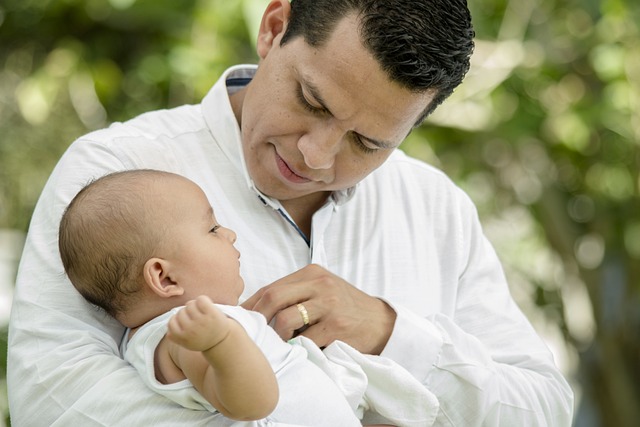Oregon family law protects grandparent rights through court-ordered visitation and custody under specific circumstances. Grandparents and parents must understand and comply with these legal provisions to preserve familial bonds while prioritizing children's best interests. Meticulous adherence involves reviewing order terms, maintaining records, consulting legal counsel, and leveraging digital tools for compliance.
In Oregon, grandparent rights play a significant role in familial relationships. Understanding and adhering to court orders related to these rights is essential for all families involved. This article navigates Oregon family law, focusing on grandparent rights and the crucial task of ensuring compliance with court orders. We break down the process, offering practical steps and insights for grandparents and families seeking to maintain a harmonious and legally sound connection.
- Understanding Grandparent Rights in Oregon Family Law
- Interpreting and Executing Court Orders for Grandparents
- Maintaining Compliance: Practical Steps for Oregon Families
Understanding Grandparent Rights in Oregon Family Law

In Oregon, grandparent rights are recognized and protected by state law, offering a framework for maintaining meaningful relationships between grandparents and their grandchildren. The Oregon Family Law allows grandparents to seek court-ordered visitation and custody in certain circumstances. These rights are significant, especially when families face complex situations, such as divorce or separation, where primary parenting responsibilities shift. Understanding these legal provisions is crucial for both grandparents and parents to ensure the best interests of the child are considered while respecting familial bonds.
Oregon Family Law provides specific guidelines on how grandparent visitation can be granted, including the frequency and duration of visits. It also outlines the criteria that must be met to establish a substantial relationship between grandparents and grandchildren, ensuring these relationships are not arbitrarily terminated. By understanding their rights under Oregon’s laws, grandparents can actively participate in their grandchild’s life while adhering to legal requirements for court-ordered visitation.
Interpreting and Executing Court Orders for Grandparents

When it comes to grandparent rights, understanding and adhering to court orders is paramount under Oregon family law. Interpreting these legal documents requires a nuanced approach, as they often involve delicate family dynamics. Grandparents must carefully examine the order to grasp the specific rights and responsibilities assigned. This includes recognizing visitation schedules, access privileges, and any conditions set by the court.
Executing the court order is the next crucial step. Grandparents should maintain open lines of communication with all involved parties, including parents and legal guardians, to ensure compliance. Regularly scheduled visits and consistent adherence to the outlined terms are essential. It may also involve seeking clarification from the court if there are any ambiguities or changes in circumstances that require modification of the order.
Maintaining Compliance: Practical Steps for Oregon Families

In Oregon, maintaining compliance with grandparent rights court orders is paramount for families seeking to navigate the complexities of family law. To ensure adherence, grandparents and affected parties should implement practical steps such as regularly reviewing the order terms, keeping detailed records of all interactions and communications regarding custody or visitation, and promptly addressing any discrepancies or changes in circumstances.
Regular communication with legal counsel specializing in Oregon family law is crucial. They can provide guidance on specific requirements, help interpret ambiguous clauses, and offer advice on how to maintain a clear record. Additionally, utilizing digital tools for organizing documents, scheduling visits, and maintaining open lines of communication can significantly facilitate compliance and ensure the best interests of all involved parties are met.














